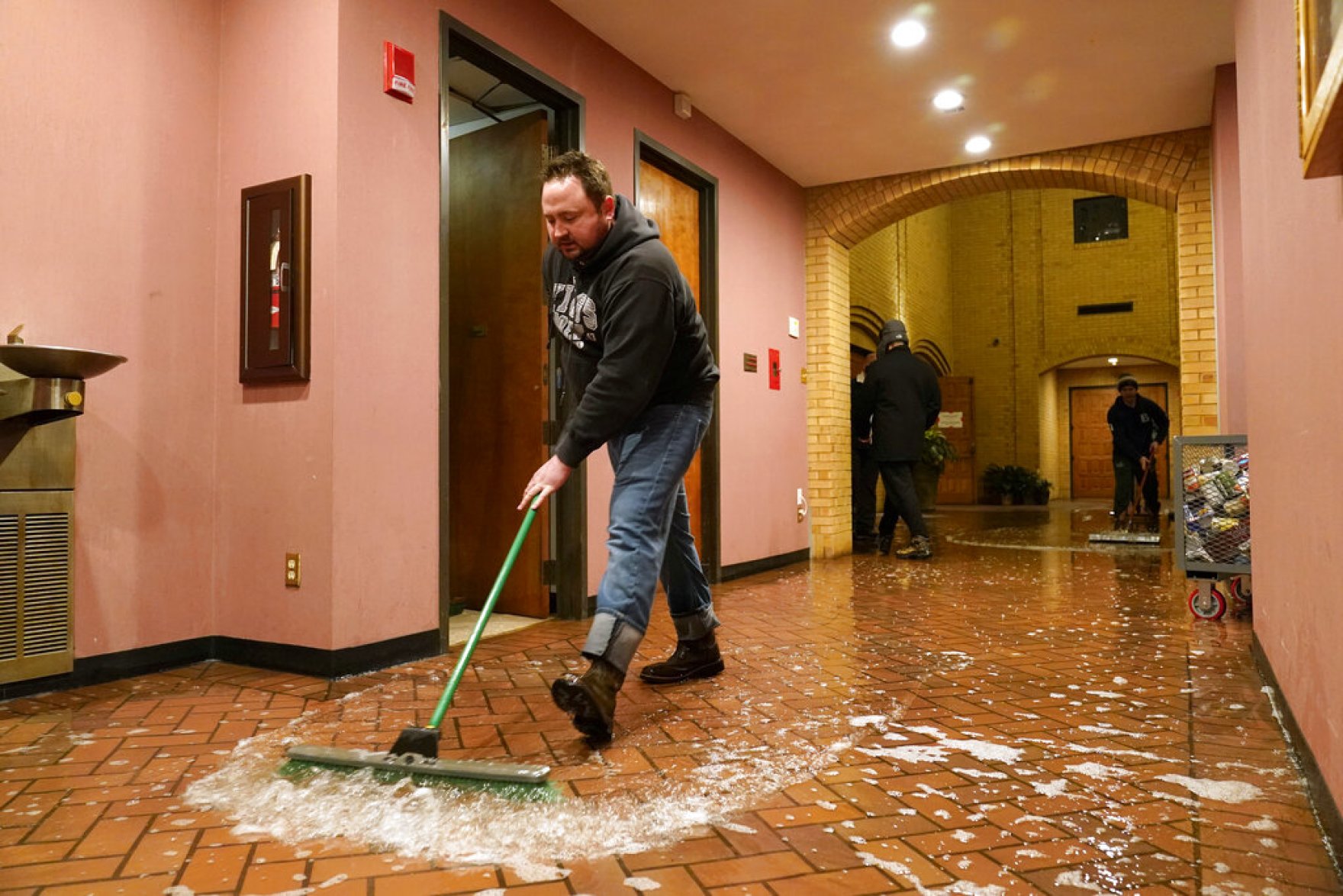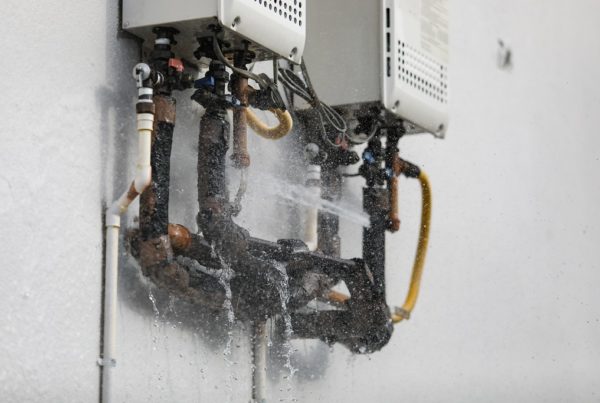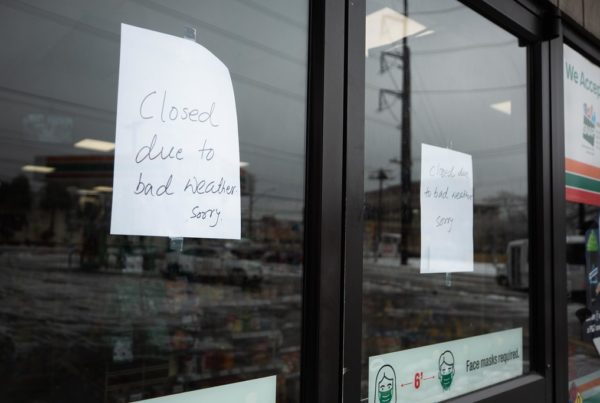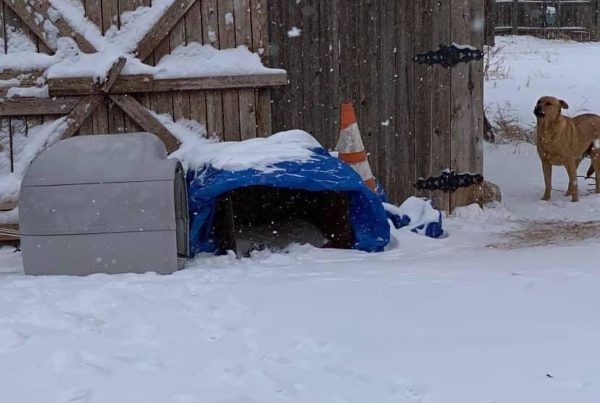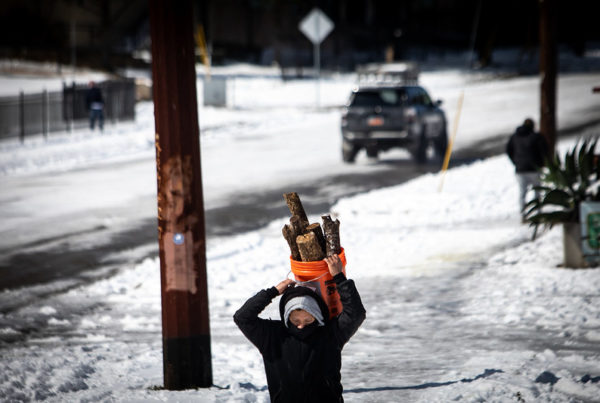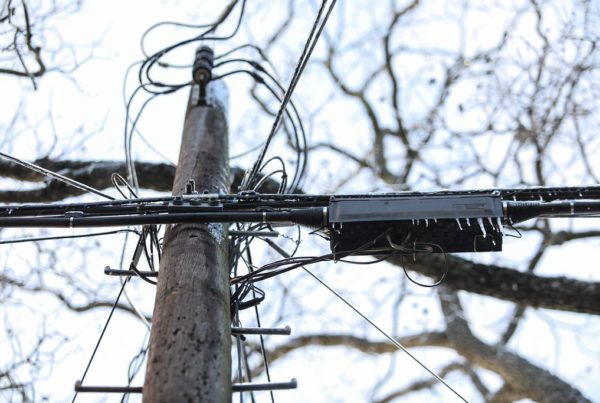From KERA:
Disaster struck. So what happens next?
First, stop the bleeding.
That’s the advice Amy Bach gives — she’s a lawyer and president of United Policyholders, a nonprofit that advises consumers on insurance issues nationwide.
That means: find a reputable repairman, patch bursting pipes, and get an estimate for the cost of repairs.
Next, she said, find a copy of your insurance policy.
“Look at the front page of the policy, look at your deductible and know what it is and let that information guide your decision as to whether you file a claim or not.”
Policyholders should expect those claims to be costly, said Chris Pilcic with State Farm.
“The average claim last year in Texas was about $10,300,” Pilcic said. “Nationally it was $15,500. A little early to say what the average might be from this event but that’s giving you an idea, it can be quite significant, the damage caused.”
This is where Bach said it’s important to weigh your deductible against the cost of repairs. If the repair cost is less than your home insurance deductible, then it really doesn’t make sense to submit the claim.
So what does that mean for low-income homeowners or renters?
Clarissa Ayala at Lone Star Legal Aid says her agency is familiar with helping homeowners with their claims after hurricanes. She expects to see a similar caseload after this disaster, too. One thing she will watch out for: Claims denied due to something called deferred maintenance.
“What we’ve seen in the past is the adjustors, the claims adjustors, will come out to the house and check out whatever the damage and say, well, this has been needing repair for a long time this really isn’t a result of this hurricane or this flood.”
Lone Star Legal Aid and other assistance organizations can help with appeals to insurance denials, she says.
Federal Assistance
Another option for those who can’t afford repairs: Individual Assistance claims, funds given by the Federal Emergency Management Agency (FEMA).
This is a program triggered once the Texas Department of Emergency Management files a disaster declaration that must make its way to the White House for approval.
“Most people would remember from Hurricane Harvey when there was housing assistance and rental assistance and this of that nature, individual assistance is just what it sounds like, it’s assistance that goes to the person,” FEMA spokesperson Lauren Lefebvre explained. “So rather than us getting something to the state and the state getting that to folks, individual assistance is giving to that individual.”
Saturday, President Joe Biden approved a disaster declaration for Texas, making these funds available.
Texans in 77 counties, including Dallas, Tarrant, Denton, Denton, can apply for assistance from FEMA. Apply at disasterassistance.gov or call 800-621-3362 (TTY: 800-462-7585). The toll-free telephone lines operate from 8 a.m. to 10 p.m.
If you have insurance and are applying for disaster assistance, you must also file a claim with your insurance company as soon as possible, according to FEMA. By law, FEMA cannot duplicate benefits for losses covered by insurance. If insurance does not cover all your damage, you may be eligible for federal assistance.
Residents of the following Texas counties are eligible for assistance: Angelina, Aransas, Bastrop, Bee, Bell, Bexar, Blanco, Brazoria, Brazos, Brown, Burleson, Caldwell, Calhoun, Cameron, Chambers, Collin, Comal, Comanche, Cooke, Coryell, Dallas, Denton, DeWitt, Ellis, Falls, Fort Bend, Galveston, Gillespie, Grimes, Guadalupe, Hardin, Harris, Hays, Henderson, Hidalgo, Hood, Jasper, Jefferson, Johnson, Kaufman, Kendall, Lavaca, Liberty, Madison, Matagorda, Maverick, McLennan, Montague, Montgomery, Nacogdoches, Nueces, Orange, Palo Pinto, Panola, Parker, Polk, Rockwall, Sabine, San Jacinto, San Patricio, Scurry, Shelby, Smith, Stephens, Tarrant, Travis, Tyler, Upshur, Van Zandt, Victoria, Walker, Waller, Wharton, Wichita, Williamson, Wilson, and Wise.
If FEMA assistance isn’t available, nonprofit community partners will need to fill the gaps, but those likely won’t be able to help everyone.
No matter your financial situation, Pilcic said if you have insurance, call your agent.
“Walk us through what you’re experiencing and ask for some guidance in that situation,” he said.
And Bach with United Policyholders gives this last advice: Be organized.
“You need to be the polite but squeaky wheel and that means flexing your consumer muscle if you need to,” Bach said. “Writing letters, filing complaints with the Texas Department of Insurance but most importantly, focusing on the fact that you have an asset that needs to be restored and do whatever you need to do to get that asset restored.”
Keeping detailed notes along the way will be key to a smooth process, one that — due to the scale of this disaster — has the potential to take a very long time.
Paige Phelps is a producer for “Think.”


